He’s the creator of two of the most influential and critically-acclaimed TV dramas of the 21st Century. But when NME speaks over Zoom to showrunner Vince Gilligan, he has a caveat about his new show. “Pluribus is not Breaking Bad or Better Call Saul,” he says, in that rich, Virginia accent of his. “Even though – and I know it’s confusing – it’s shot in Albuquerque. Even though it stars a very important actor from the Breaking Bad universe, Rhea Seehorn. It is not in any way, shape or form either of those shows.”
OK, got that? That means no Walter White, the chemistry-teacher-turned-meth-producing-kingpin who truly broke bad. There’s no Saul Goodman, White’s sleazy lawyer, either. “And that’ll turn some people off,” Gilligan accepts. “There will be plenty of people who tune into Pluribus out of curiosity. ‘Oh, it’s that Breaking Bad guy.’ And they’ll watch 20 minutes of it maybe and say, ‘Ah, nobody’s getting killed. Nobody’s getting their throat cut with a box-cutter. This is not for me. I hate this!’ So be it. That’ll make me sad but it just means the show wasn’t for them.”
This is the risk a creative takes, of course. When Breaking Bad spin-off Better Call Saul came to an end in 2022, executives at Sony understandably wanted more. “They would say, ‘What do you think’s next in the Breaking Bad universe?’” Gilligan had already delivered 2019’s El Camino, a feature-length film set in the immediate aftermath of the Breaking Bad finale. “I said, ‘Maybe we should take a break from it for a while. Maybe it’s time to move on… I wanted to see if I had any other stories in me that people would like. And it was scary. It is scary. It remains scary.”
“I’m interested in a world where everybody gets along and loves one another” – Vince Gilligan
Still, the genial 58-year-old has earned the freedom to take a real big swing with Pluribus, a show with all the hallmarks of a break-out cult smash. Apple TV has already commissioned a second season. Seehorn, who was so brilliant as Goodman’s lawyer-partner Kim Wexler in Better Call Saul, stars as Carol Sturka, a successful novelist who is on a book tour when the world takes a very strange turn. A virus breaks out, turning the populous into happy drones all worshiping at the altar of Carol while a handful of others who haven’t been infected look on with confused jealousy.
For sure, it’s a slow-burner – just as Breaking Bad was – but there’s something of the enigmatic mystery that the early seasons of Lost had buzzing through the veins of Pluribus. Episode one – one of the most bat-shit crazy show openers you’ll ever see – concludes with Carol being addressed by a White House official through her television. In this new world order, her every move is watched, as characters such as Zosia (Karolina Wydra) – part of this happy-go-lucky hive-mind – arrive to serve her every whim.
 Rhea Seehorn as Carol in ‘Pluribus’. CREDIT: Apple TV
Rhea Seehorn as Carol in ‘Pluribus’. CREDIT: Apple TV
“I’m interested in a world where everybody gets along and loves one another,” says Gilligan. “And I like to examine the idea of, ‘Would that be as good as it sounds?’ There are a lot of good things about it but there are other things, like the loss of individuality. Maybe that’s not so good. But also it’s the idea of everybody joined together. Have you ever gone to a party or walked into a restaurant and you feel like everybody knows each other and you’re the only person who is a stranger? I hate that feeling.”
“I think I was born to be miserable” – Vince Gilligan
Diving back into sci-fi – Gilligan was one of the writers on 1990s paranormal series The X-Files – allowed him to draw from some of his favourites. “I love post-apocalyptic stories. There’s a lot of good ones. There’s The Walking Dead. The Last of Us is a great show… and great video game.” He also loves that classic creepy anthology The Twilight Zone, even taking the name ‘Sturka’ from a character played by Fritz Weaver in the episode Third From The Sun. ‘Carol’, incidentally, comes from ‘Carol Burnett’, the beloved comedian who featured in Saul.
Pluribus’ “secret weapon”, says Gilligan, is Seehorn and he’s not wrong. The 53-year-old nails it as Sturka, an acerbic, angry voice who – with good reason – can’t get her head around this bizarre turn of events. “Carol is a misanthrope when we start and an absolute loner,” says Seehorn. “I thought it was an interesting thing to contemplate. You say you’re a loner… but be careful what you wish for.” Put it this way, Kim Wexler she is not. “There just isn’t really a comparison,” she adds. “They’re just extraordinarily different characters.”
Gilligan started pondering Pluribus a decade ago but there’s no question, with autocrats, war, pandemics and AI, it’s become all the more relevant. “The world has gotten scarier and feels like it’s more on the edge of something very bad,” he says. With that in mind, he wanted audiences “to ponder” the idea of happiness. “How important is it really? We all chase it. We all desire it. But is it that crucial to our daily lives at the end of the day? What would the world be like if everybody were a little kinder to each other?”
So where does Gilligan sit on the happy-to-sad spectrum? “I think I was born to be miserable,” he says, dryly. “I guess I’m not a particularly happy person. I pretend to be in interviews and whatnot, but I’m more like Carol. I have no reason to be miserable. I’m the luckiest person I know, which makes it even harder when I say to myself, ‘Gee, I’m not that happy.’ And then I say to myself, ‘Why the hell are you not happy? You are the luckiest person you know.’ And then that makes me more unhappy. It’s a vicious spiral.”
Not even winning four Emmys for Breaking Bad and Better Call Saul will change his mind, it seems (for her part, Seehorn calls him “one of the best showrunners in television history”). “I do also think that miserable people make the world go round,” he adds. “If everybody was truly happy and it was back in caveman days, we’d all be sitting around in a mud puddle, staring at the sun. It’s unhappy people who decide we need clothing, shelter, automobiles, airplanes, democracy, art and a great many other things.”
 Rhea Seehorn as Carol in ‘Pluribus’. CREDIT: Apple TV
Rhea Seehorn as Carol in ‘Pluribus’. CREDIT: Apple TV
Yet there’s more to Pluribus than just exploring our wellbeing, with Gilligan holding up a mirror to society right now. “I’m living in a country, the United States Of America, that feels very divided. There’s one side and there’s the other side,” he says. “But I really believe nobody wants it that way, whether you’re red or blue, whether you’re left or right… nobody wants it this way. This is not the way for a civilisation to grow, prosper and be healthy.”
It may be “grandiose” to say so, he adds, but he hopes people will watch Pluribus and dream of a middle ground, somewhere in between the world as it is now and the society of the show. “People don’t want to live in crazy town. They don’t want to live being constantly at each other’s throats… that’s what I’m hoping for,” he says, before taking a beat. “Forget Pluribus. I would gladly flush Pluribus down the toilet if I could suddenly make the world work better. But I can’t. So maybe Pluribus is the best I can do.”
‘Pluribus’ in on Apple TV from November 7

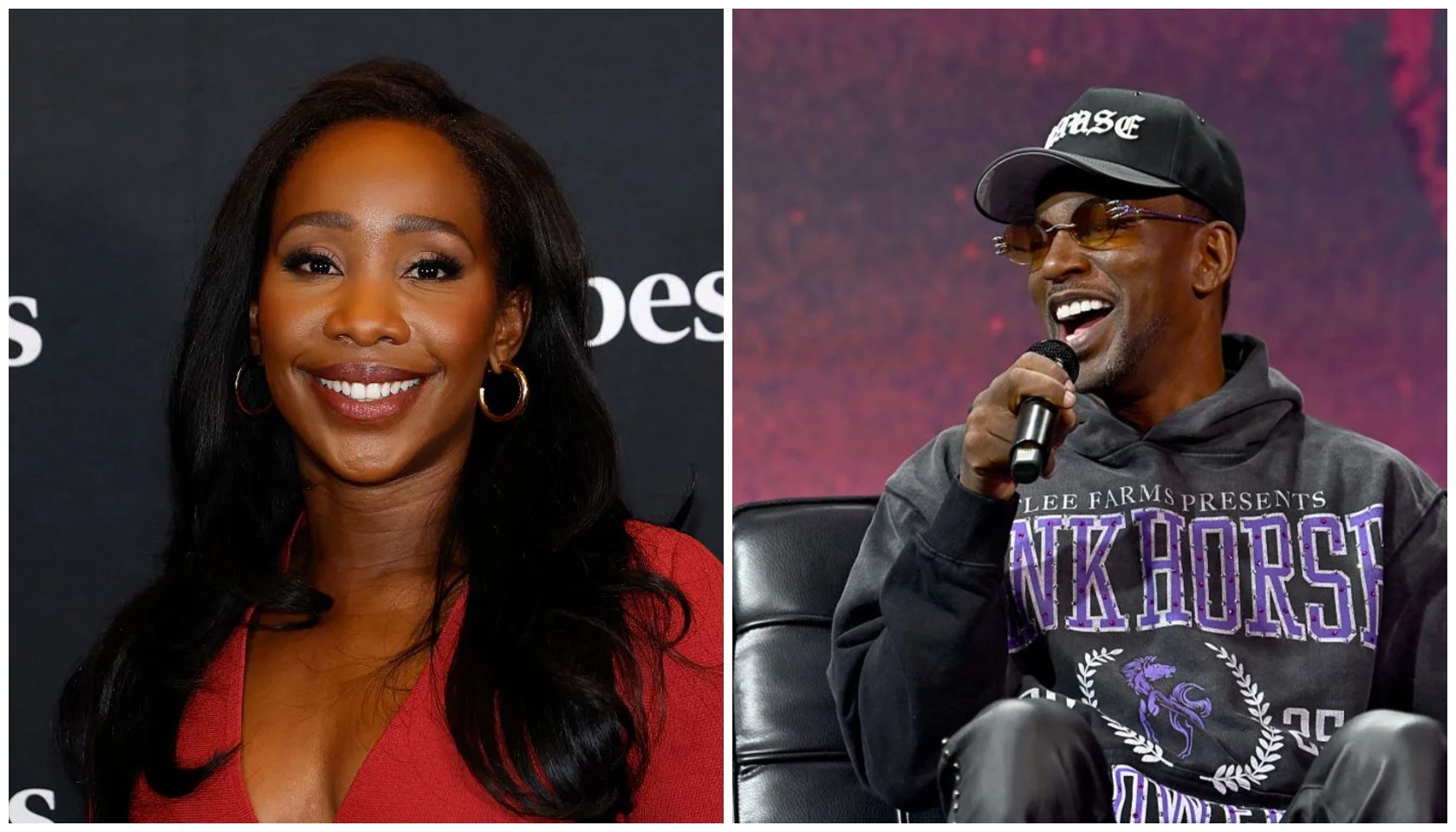

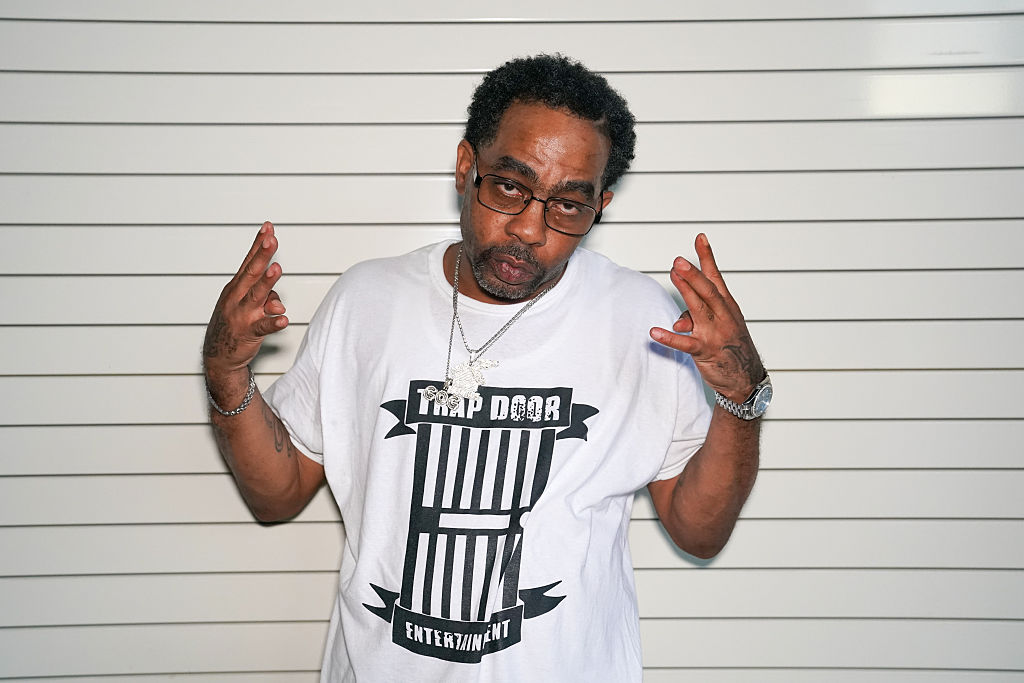
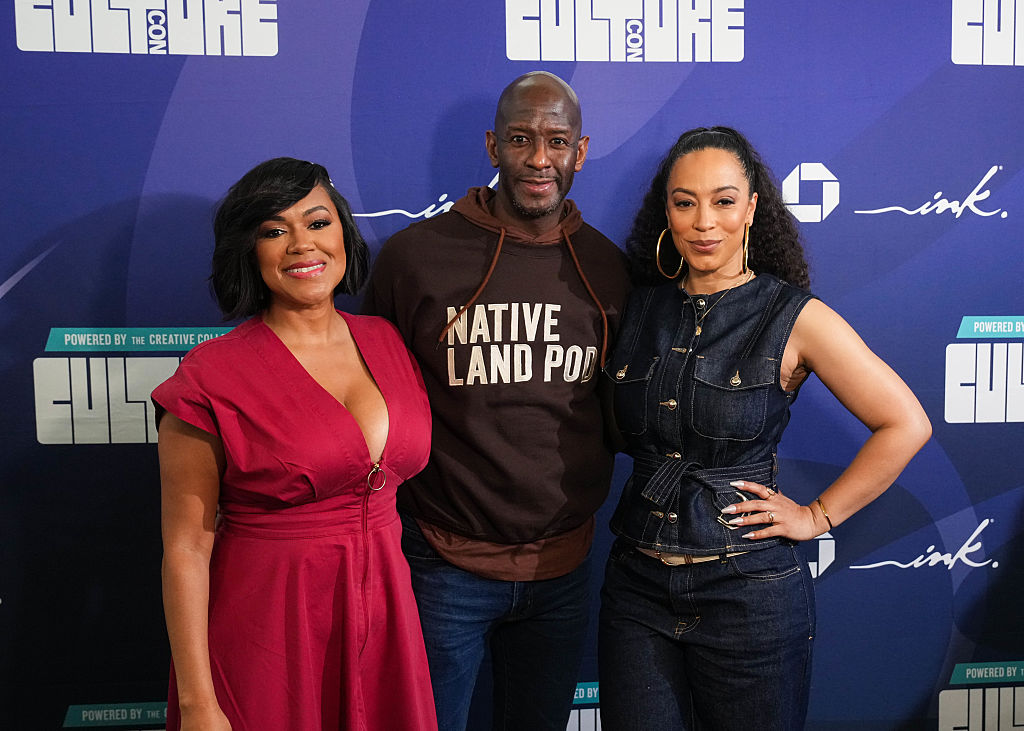
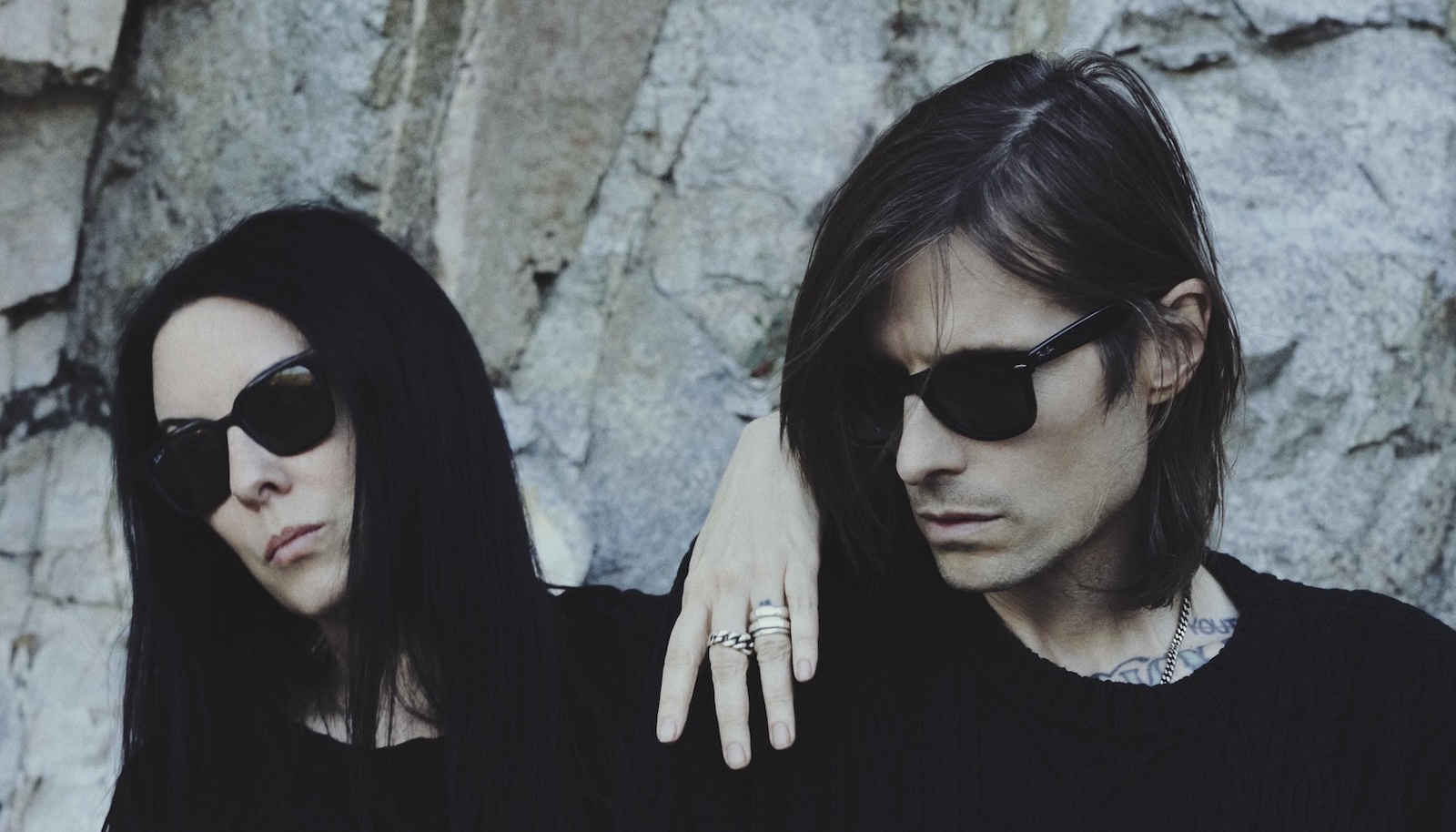

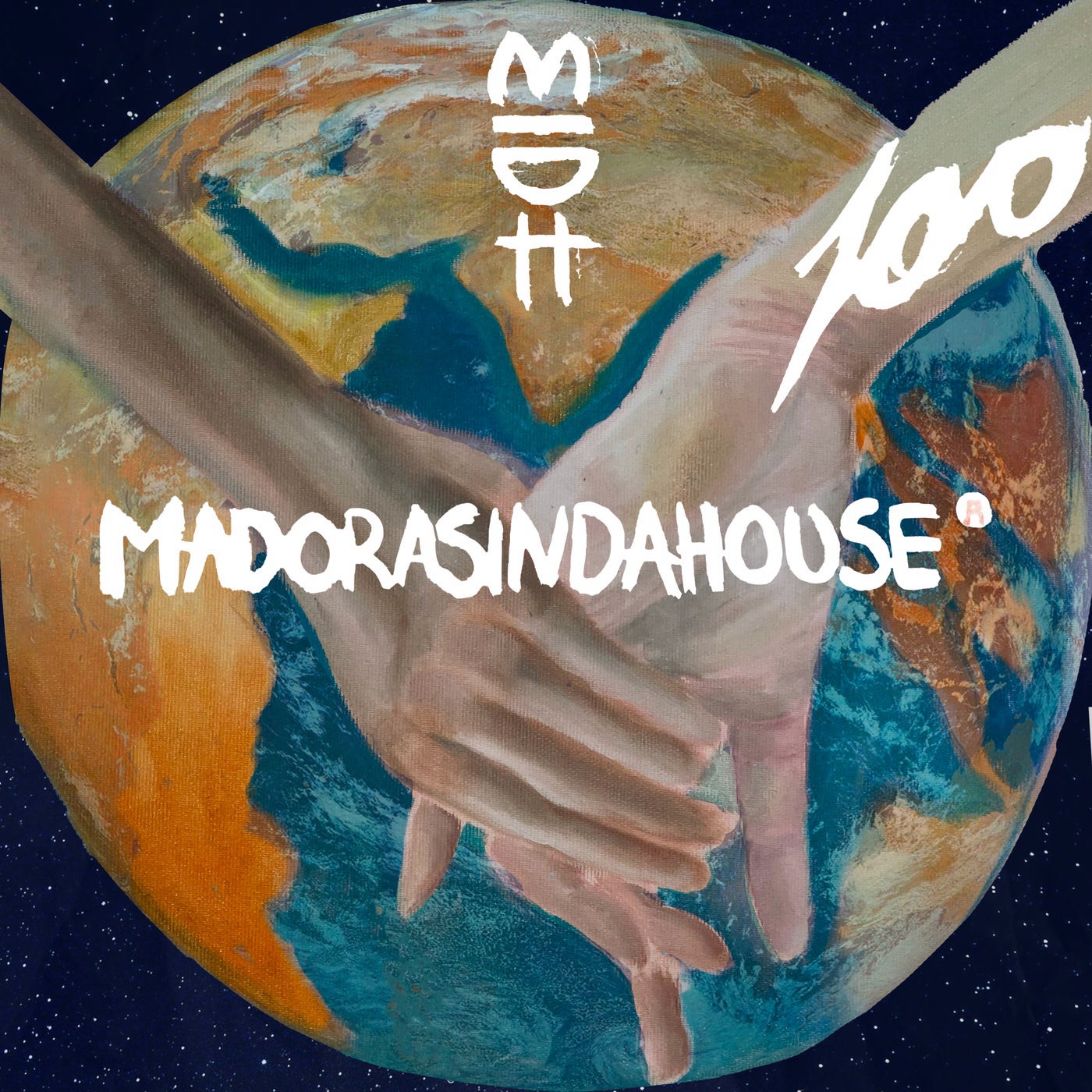




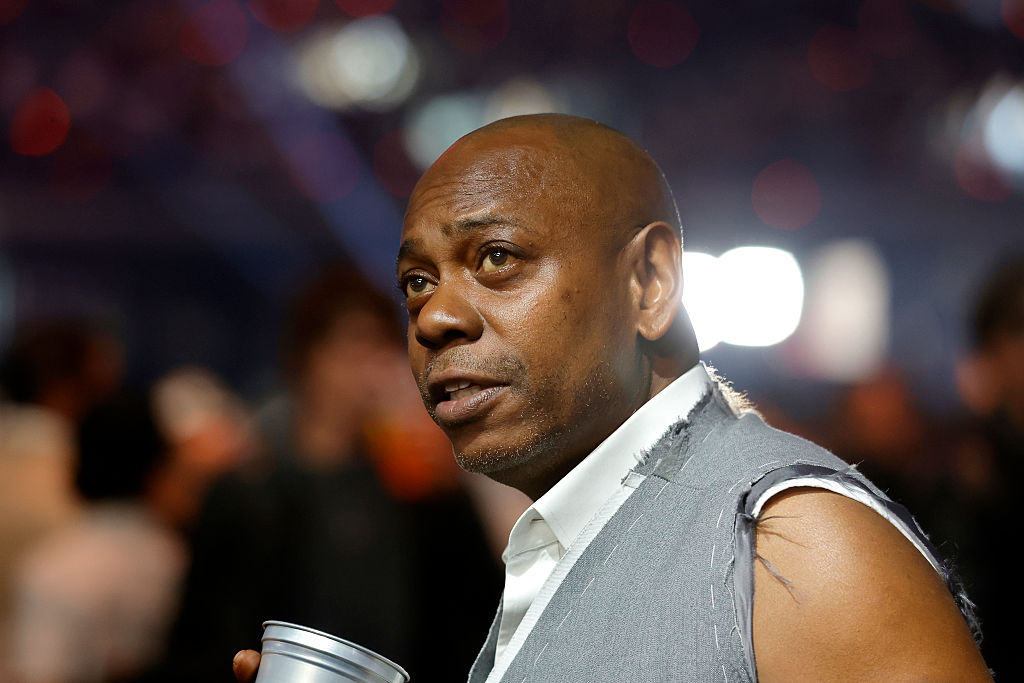

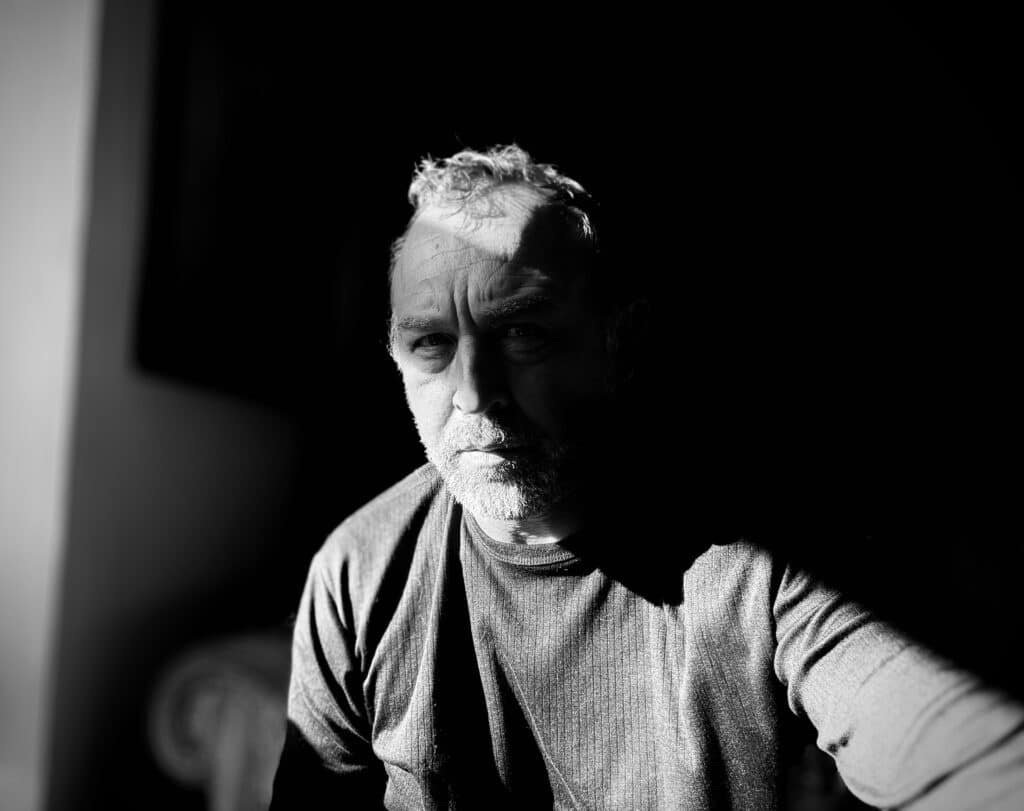




 English (US) ·
English (US) ·